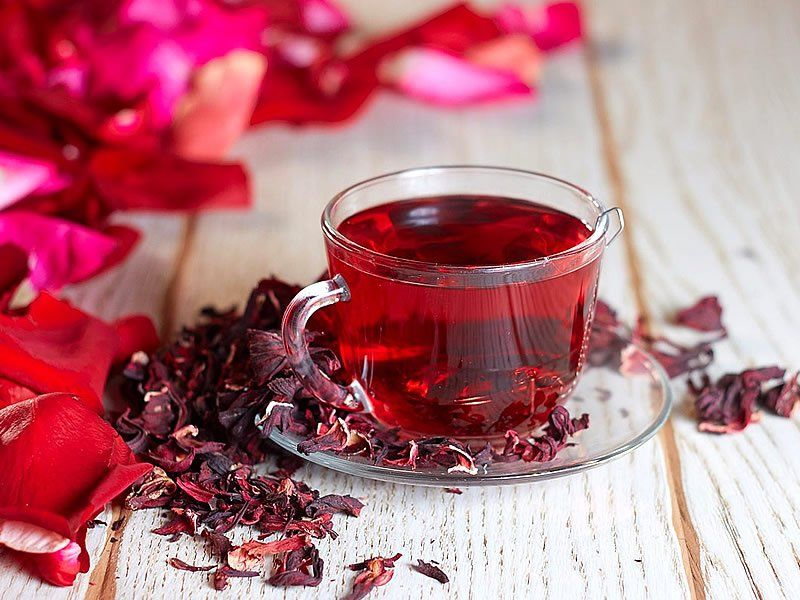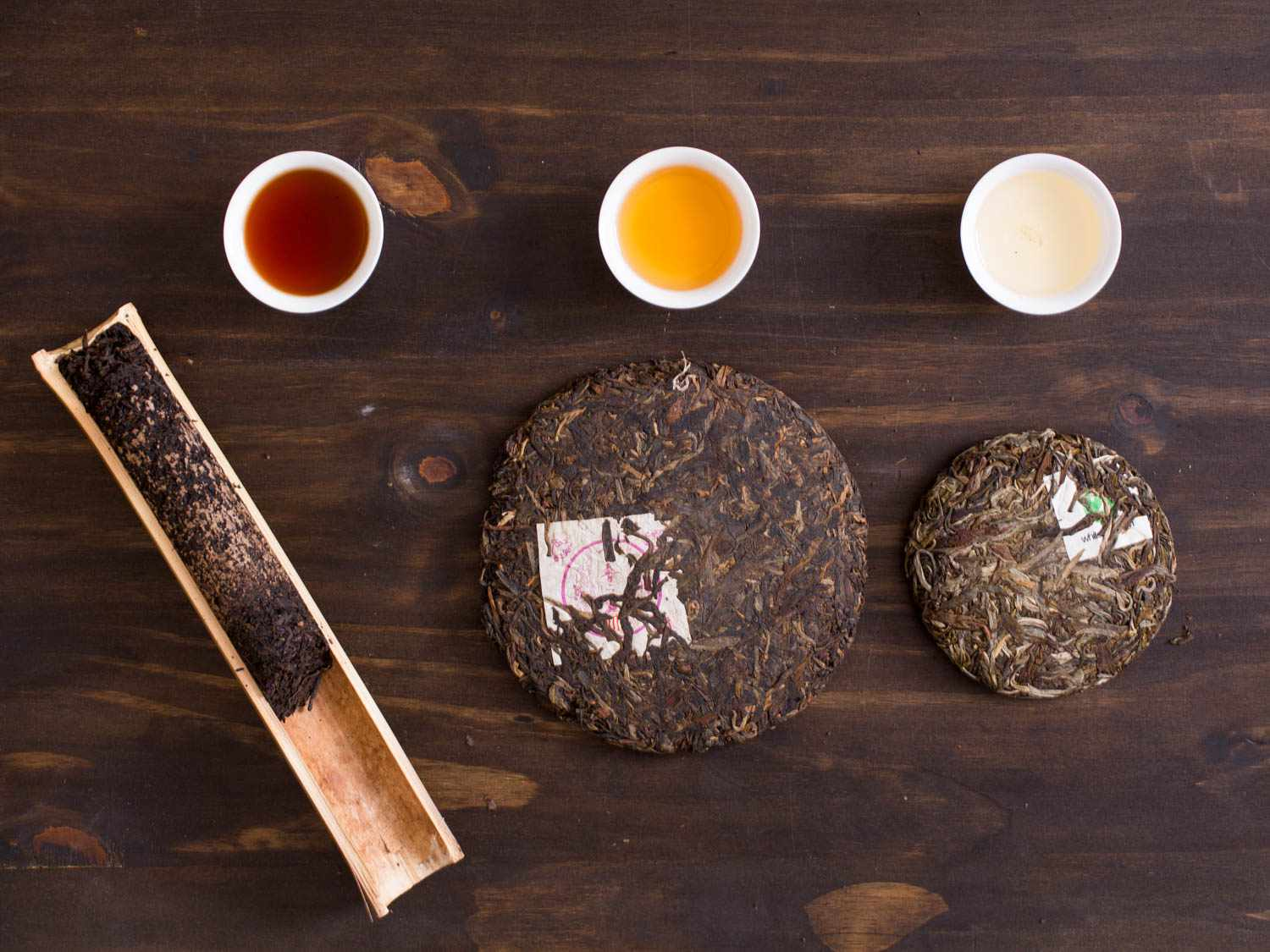Carcade Tea Leaves – Shaped by Extreme Terrain
Carcade tea is a unique variety of black tea that originates from the Yunnan province located in the southwestern region of China. Yunnan province has a distinct climate and terrain that lends itself to producing flavorful teas with smooth, earthy tastes. As a specialty black tea, Carcade grows at astonishingly high mountain elevations reaching up to 6,500 feet above sea level on narrow terraces carved into mountain cliffs. This extreme high-altitude environment nourishes the tea bushes with rich minerals and provides excellent drainage through the mountain soil. The Carcade tea bushes yield a plentiful supply of broad, hardy leaves that develop into a full-bodied brew when processed.
Complex Processing Method
What sets Carcade apart is its unique fermentation and oxidation method. After picking, the tea leaves undergo an extensive steaming process to stop oxidation and then left to ferment slowly in a humid environment which allows complex flavors to develop. This specialty technique brings out notes of malt, dried wood and flowers not found in other black teas. The tea is then dried, rolled into curly leaves and left to age prior to packaging. When brewed, Carcade produces a stunning bright reddish-brown hue indicative of a black tea. The first sip releases a smooth, malted taste with a slight astringency followed by a sweet, lingering aftertaste and a noticeable floral aroma. Each cup is bold, earthy and full-bodied providing a truly authentic tea drinking experience native to southwest China.
Significance Along the Ancient Tea Horse Road
In addition to its unique processing and flavor, Carcade tea has a long history intertwined with trade in ancient China. The tea gets its memorable name from the Tea Horse Road, an extensive network of trade routes connecting Yunnan province to Tibet and India through perilous mountain terrain. For over a thousand years, caravans traveled this route trading pressed tea bricks identical to Carcade for prized Tibetan horses. This is how the tea earned its name Carcade, meaning “tea horse”. The tea was so revered that tea bricks stamped with government seals even served as currency all along the Tea Horse Road. For centuries, Carcade tea was a vital part of culture, livelihood and trade among communities in China’s southwest regions.
Recent Revival of a Treasured Tradition
Carcade experienced a period of decline during China’s Cultural Revolution when traditional tea making was suppressed. But recent revival efforts have brought the techniques back using small-batch production to recapture this tea’s former glory. Carcade’s future seems hopeful once more. For an authentic taste of China’s rich tea culture, Carcade makes an excellent choice even today. Its enduring legacy continues to win the hearts of tea connoisseurs in China and beyond.



